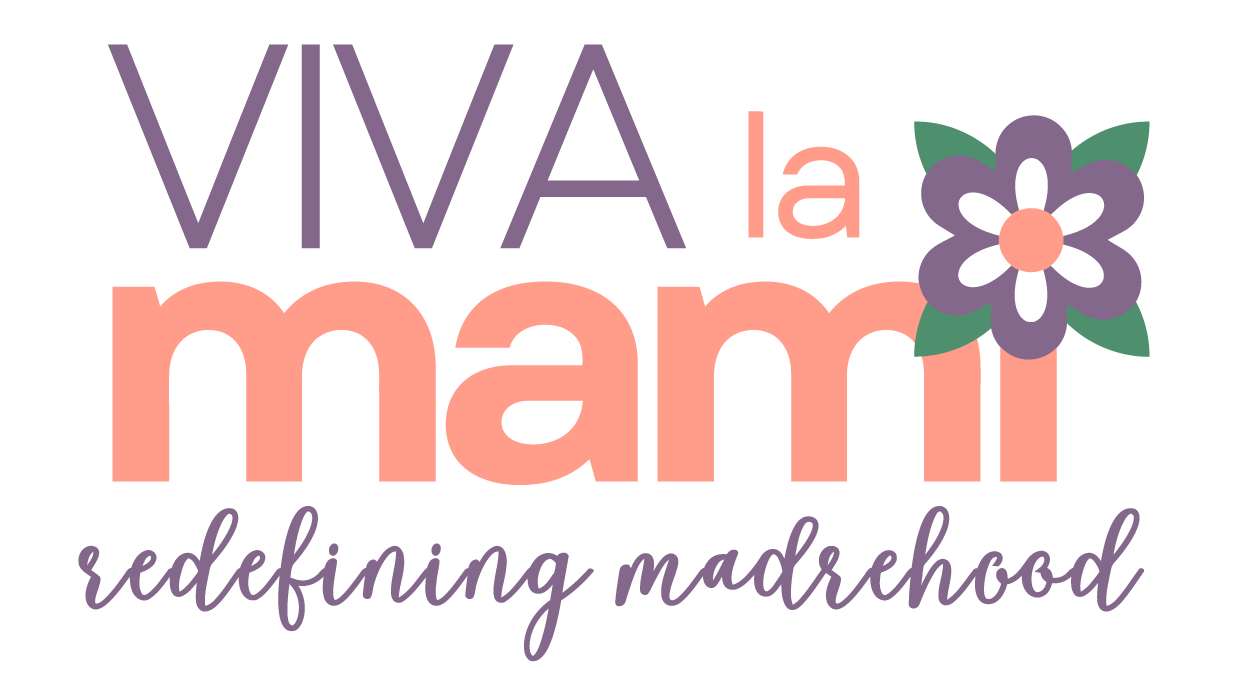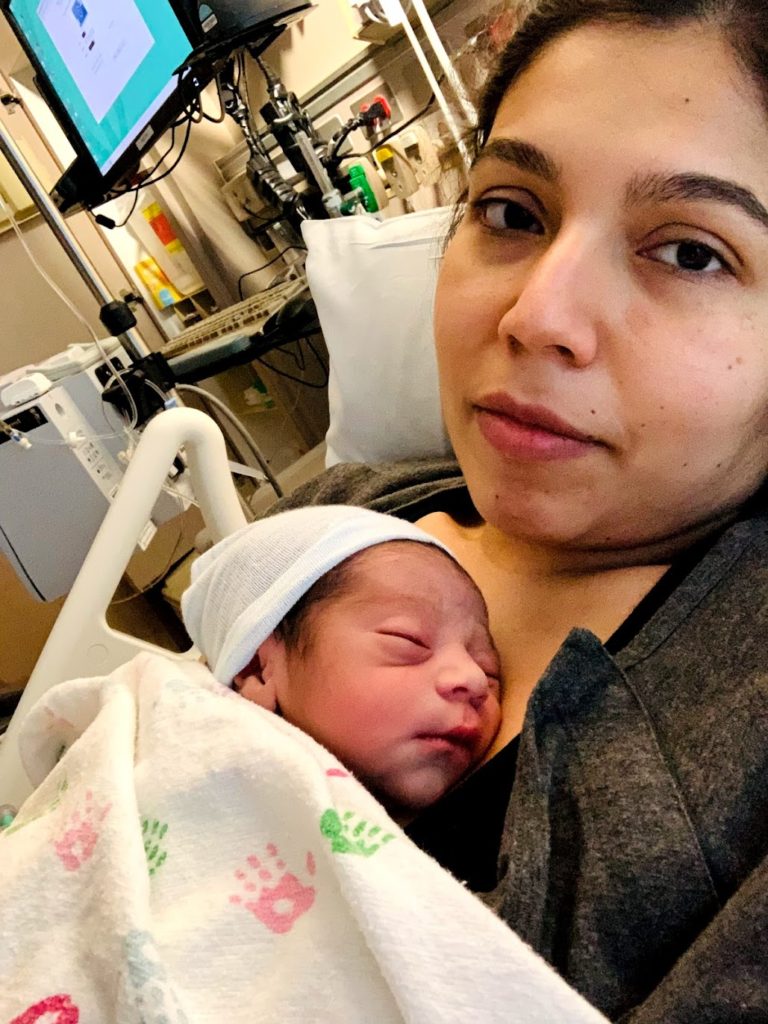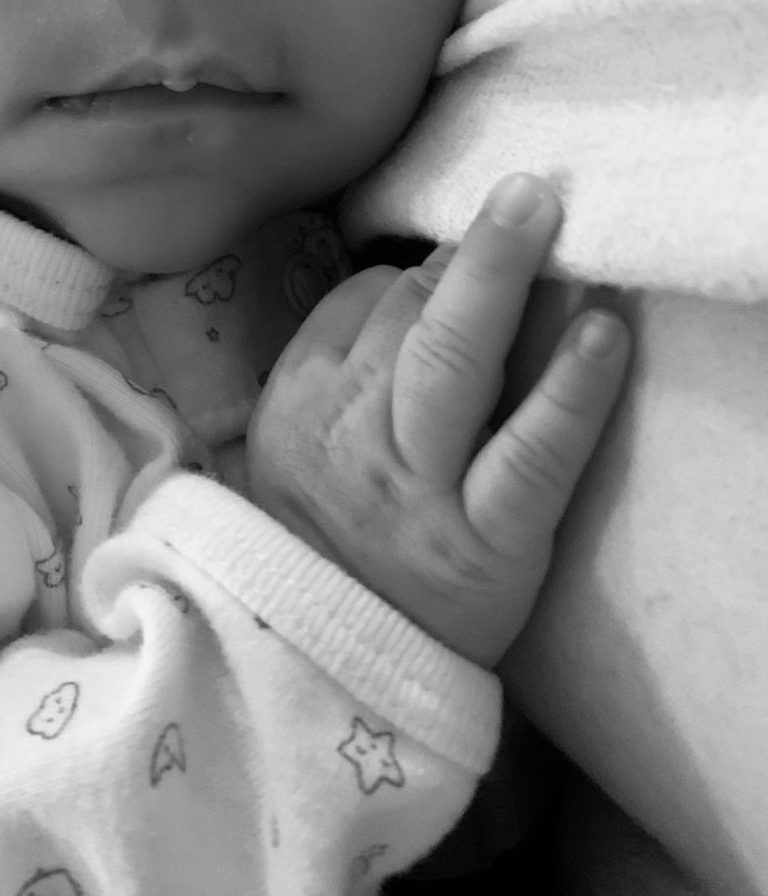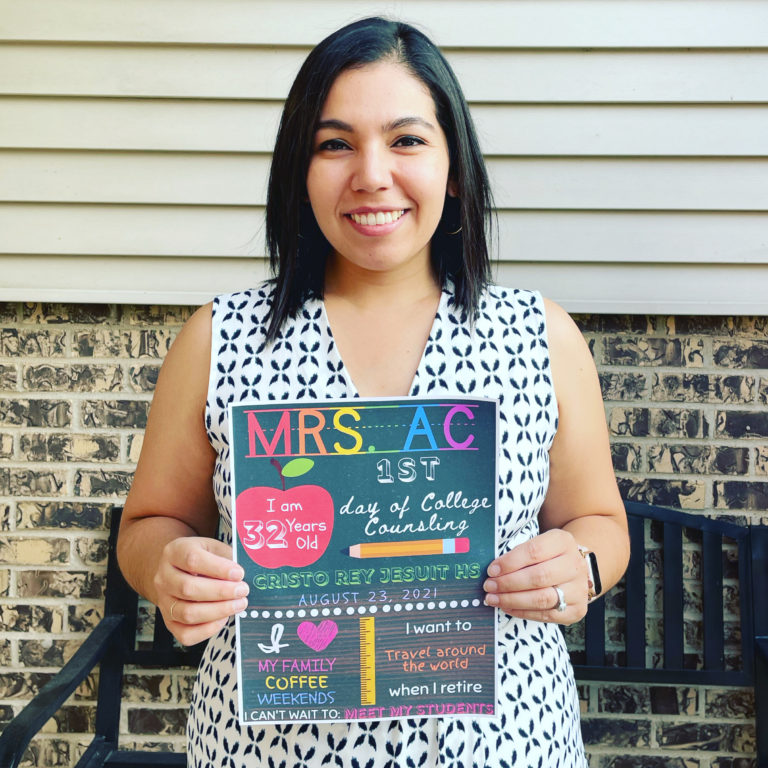3 Things I Wish I Knew Before I Stopped Breastfeeding
This month commemorates National Breastfeeding Month in the U.S. While many are celebrating their breastfeeding achievements, we cannot assume that everyone was successful at breastfeeding.
As mentioned in my first breastfeeding reflections post, I yearned for the day to breastfeed my baby. This was a goal of mine ever since we found out I was pregnant. However, once I took on that role as a nursing parent, my experience was uniquely mine. As much preparation I took prior to having D, the first 5 weeks were extremely hard. Thus, I made the difficult decision to stop breastfeeding.
I can’t necessarily tell you what was the impetus for deciding to wean at 5 weeks postpartum. I am still trying to reconcile with myself for making this decision. However, if you are on the fence I will share 3 things I wish I knew before I decided to stop breastfeeding.

Know that this is an informational blog, written and edited by me, based on my personal breastfeeding experience. This blog post is not a substitute for medical or professional advice. For health concerns, please contact your medical provider.
1. Seek Professional Help
I believed that breastfeeding was going to be natural and instinctual. However, there is so much methodology involved in it. It takes practice and skill to even get the hang of breastfeeding.
Consider an IBCLC Instead
During my hospital stay after D was born, I received help from two lactation consultants at the hospital. However, they did not provide me with the individualized care I needed. After this experience I had a negative perception about lactation consultants. I did not seek any additional help from a professional because I thought all lactation consultants would do the same type of work. However, just like seeking a therapist, it takes a couple tries to determine which one is the best one for you and your needs.
Instead of only settling with the lactation consultants at the hospital, I should have considered an at-home visit with an IBCLC, an International Board Certified Lactation Consultant. An IBCLC is required to obtain more education and experience to earn this particular certification. This website shows you a comparison between all the different levels and titles of lactation support.
There are Ways to Afford Professional Help
Another reason why I didn’t seek support from an IBCLC was because I had the assumption that these services were going to be expensive. I assumed that lactation consultations cost thousands of dollars. However, the costs can vary depending on who you go with or or where you go, whether it be in a clinic or at-home services.
While our healthcare system has not provided equitable and accessible options for breastfeeding parents, there are ways to see if your health insurance can cover costs. One great resource I recommend is the National Women’s Law Center’s Breastfeeding Toolkit. This resource helps you determine if your health insurance covers (to a certain extent) breastfeeding support, supplies, and counseling. The toolkit even provides sample scripts and email templates for when you have to contact your insurance company.
In addition, many believe that WIC (Women Infants and Children) exclusively provides formula, however each WIC Clinic has at least one peer lactation counselor who can support you in your journey. I would highly recommend this as a way to start as these services are free, however there are some qualifications to receive WIC.
2. Know and Embrace Your Body
In full transparency, I never knew much about my body nor did I embrace it until after I became a mother. Growing up Latina, there were always conflicting body image messages that became so ingrained in me. The women in my family would often shame and talk negatively about their bodies rather than embracing and loving it.
The reason why this connects with the decision to stop breastfeeding is because I didn’t trust my body and its potential to feed my baby. Instead, I thought of my body as a deficit and failure for not nurturing my baby. The negative thoughts were constant during the first few weeks of postpartum as I kept thinking that I did not produce “enough” milk for D.
Educate Yourself About Your Body
In addition to these negative thoughts, I later came to realize that there was a lack of education I had about my own body. I did not know much about the anatomy and physiology of the breast. I was not aware that women in fact struggle with low milk supply and that exclusive breastfeeding is not the only option to feed a baby. Not only that, I didn’t know that not all women have the same level of breast storage capacity. I was not aware that my own body would be uniquely different compared to others. There was no set standard to breastfeeding.
The lack of truly knowing and embracing my body during the first few weeks of postpartum influenced my decision to stop breastfeeding. However, if your goal is to breastfeed, whether it’s exclusively breastfeeding, pumping, or combination feeding, it is extremely important to educate yourself and to get to know more about your body and its potential to feed a baby.
3. Be Prepared for the Emotional Repercussions
I was not prepared for the emotional repercussions I would face when I stopped breastfeeding. The guilt and the feeling of being a failure took over.
During the 4th week of postpartum, I told my mom that I wanted to stop breastfeeding. Again, I thought that I was not providing enough milk to D. Thus, I decided to stop breastfeeding at 5 weeks postpartum.
Although my loved ones were supportive of my decision to wean, I was not content and certain about this choice. Part of me kept thinking to push through for another week or two, yet another part of me wanted to end this.
In all honesty, I was exhausted. My life completely changed once we brought a baby home. I was not only trying to navigate this new life, but I was also recovering from birthing a baby, and adapting to a totally new schedule and routine. When adding the nuances and difficulties of breastfeeding, I was emotionally and physically drained. I tried everything that I could, from triple feeding to taking a plethora of supplements to increase my milk supply. However, I was defeated and weaned cold turkey, which is not good.
Post Weaning Depression is Real
Once I made the decision to wean, the guilt showed up around the second week after I stopped breastfeeding. I cried every time I was alone and felt extremely disappointed at myself and my body. It was such an isolating experience because I wasn’t sure if this was part of the process. Week three came in and I was still miserable. The sadness occurred only when I had thoughts of not breastfeeding anymore. I felt lonely for not bonding with my child.
According to Kelly Mom, “the faster the weaning process the more abrupt the shift in hormone levels, and the more likely that you will experience adverse effects.” I believe that I did a drastic change and didn’t allow extra time for a slow transition.
Still, I was not happy and wanted to do something about trying to breastfeed all over again. I wanted to achieve this goal of mine and wanted to (re)educate myself about breastfeeding. During week 9 of postpartum, I did learned about relactation.

If there’s anything I want you to take away from reading this blog post, breastfeeding is super hard. This is the most difficult job a feeding parent would ever do. Because I didn’t seek professional support and didn’t acknowledge my body’s potential to feed my baby, the emotional distress took over. I thought that the norm was to exclusively breastfeed a baby. I thought that the standard for breastfeeding was a one-size-fits all type of thing. However, the reality is that everyone’s breastfeeding journey is different.
I hope you found this blog post helpful. Know that whichever decision you make, this experience will be uniquely yours. Seek professional help, embrace your body, assess how you feel and ensure that the decision you’ll make is yours. Only you know what is right for you and your baby.







